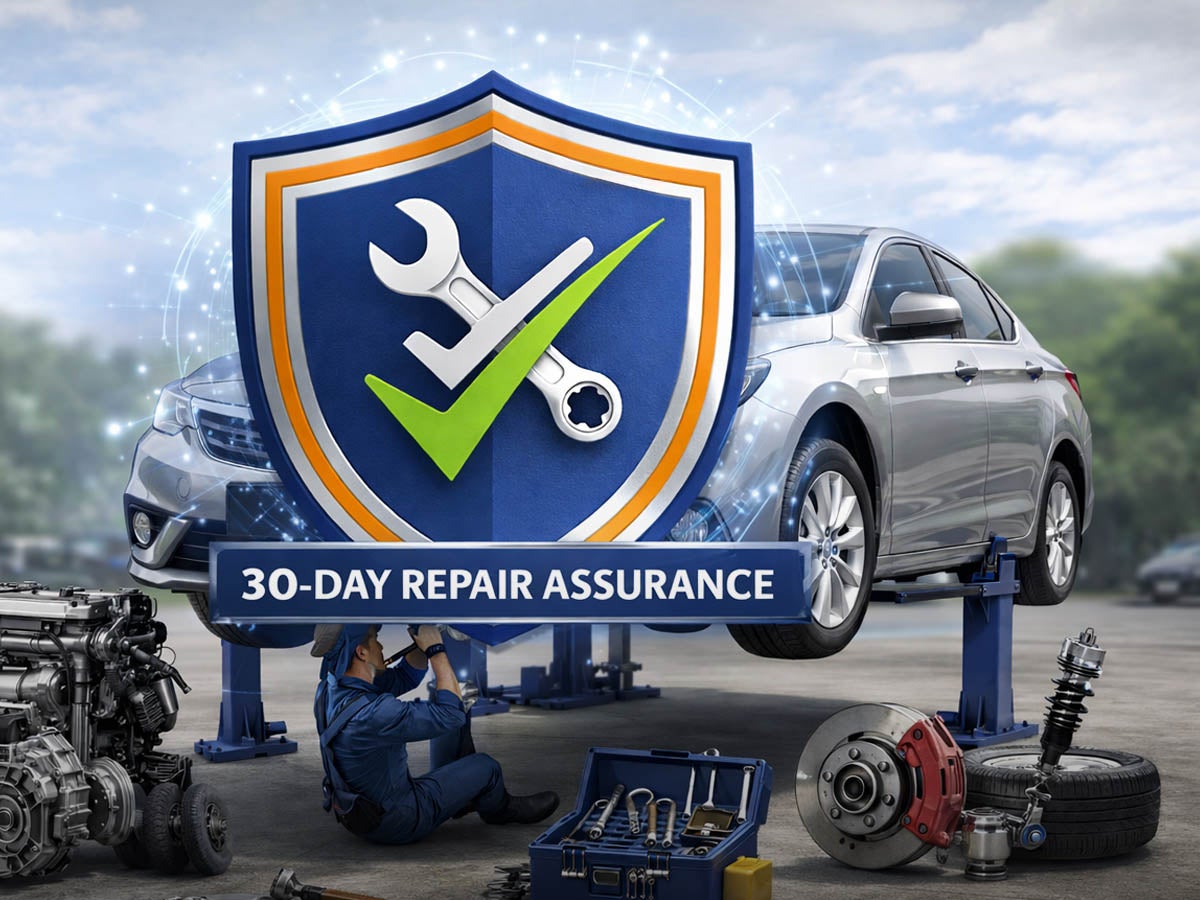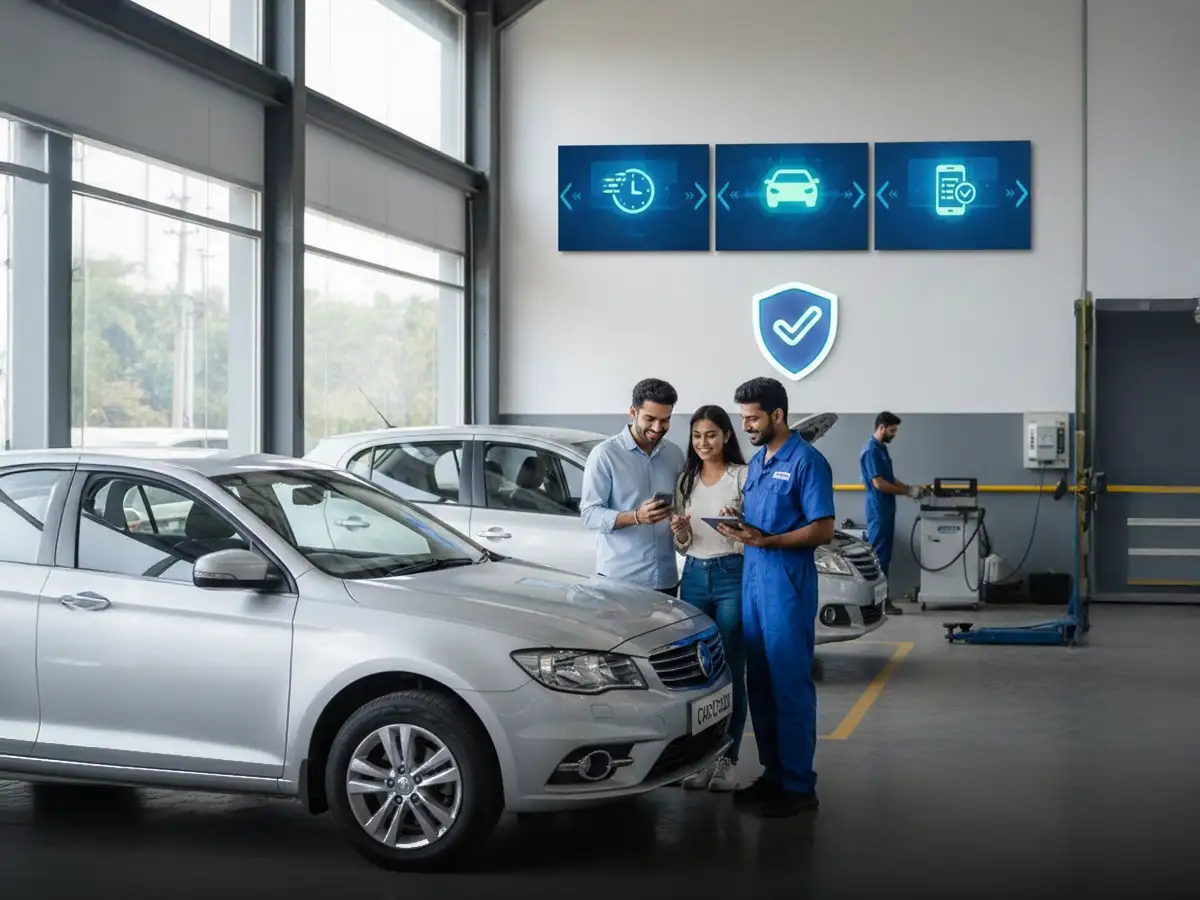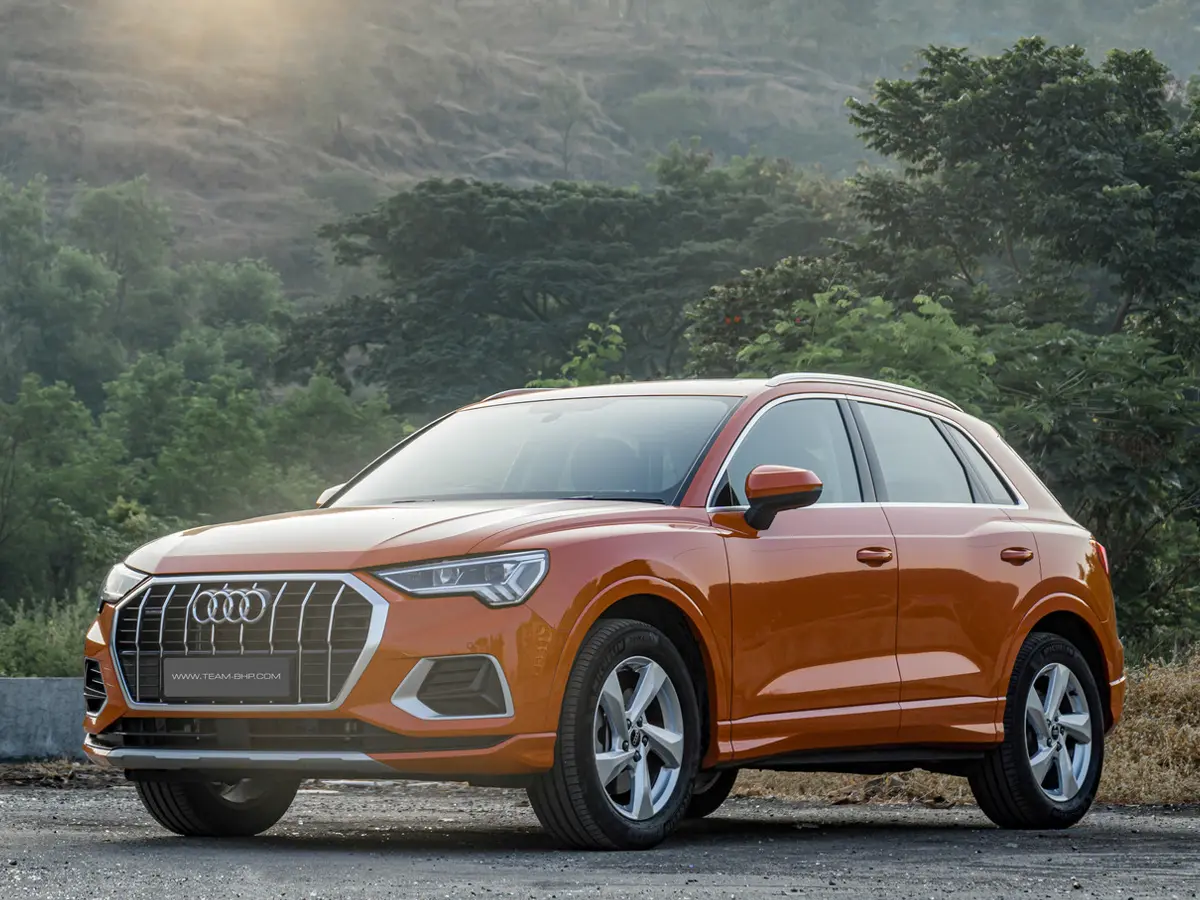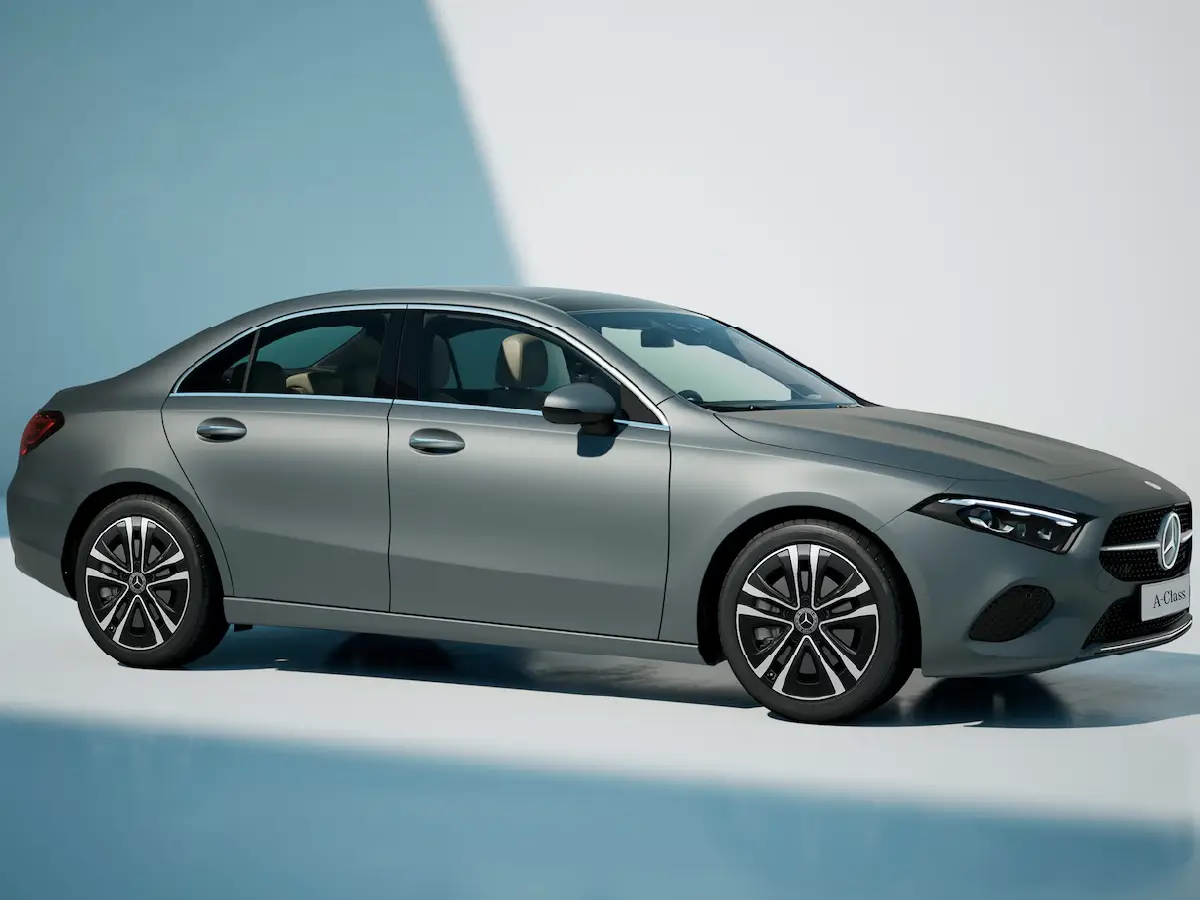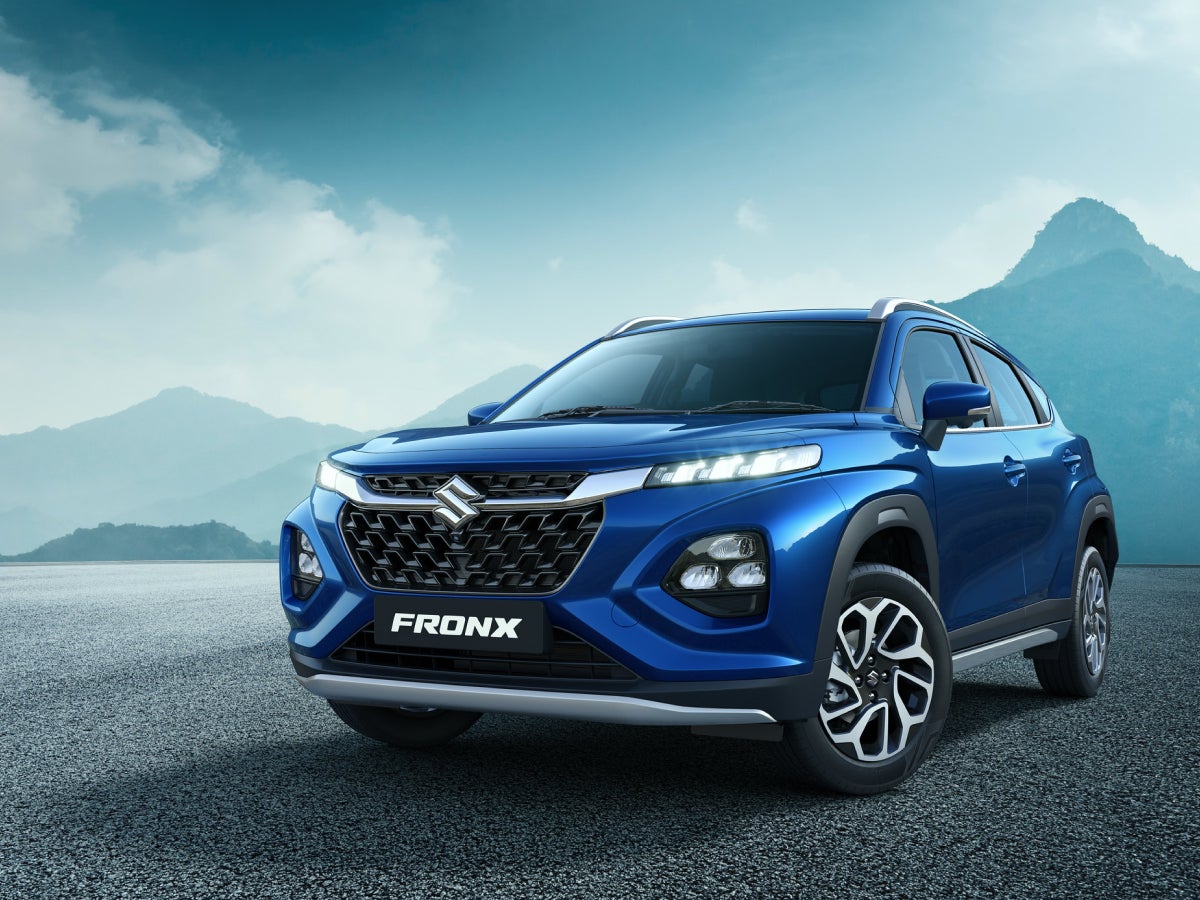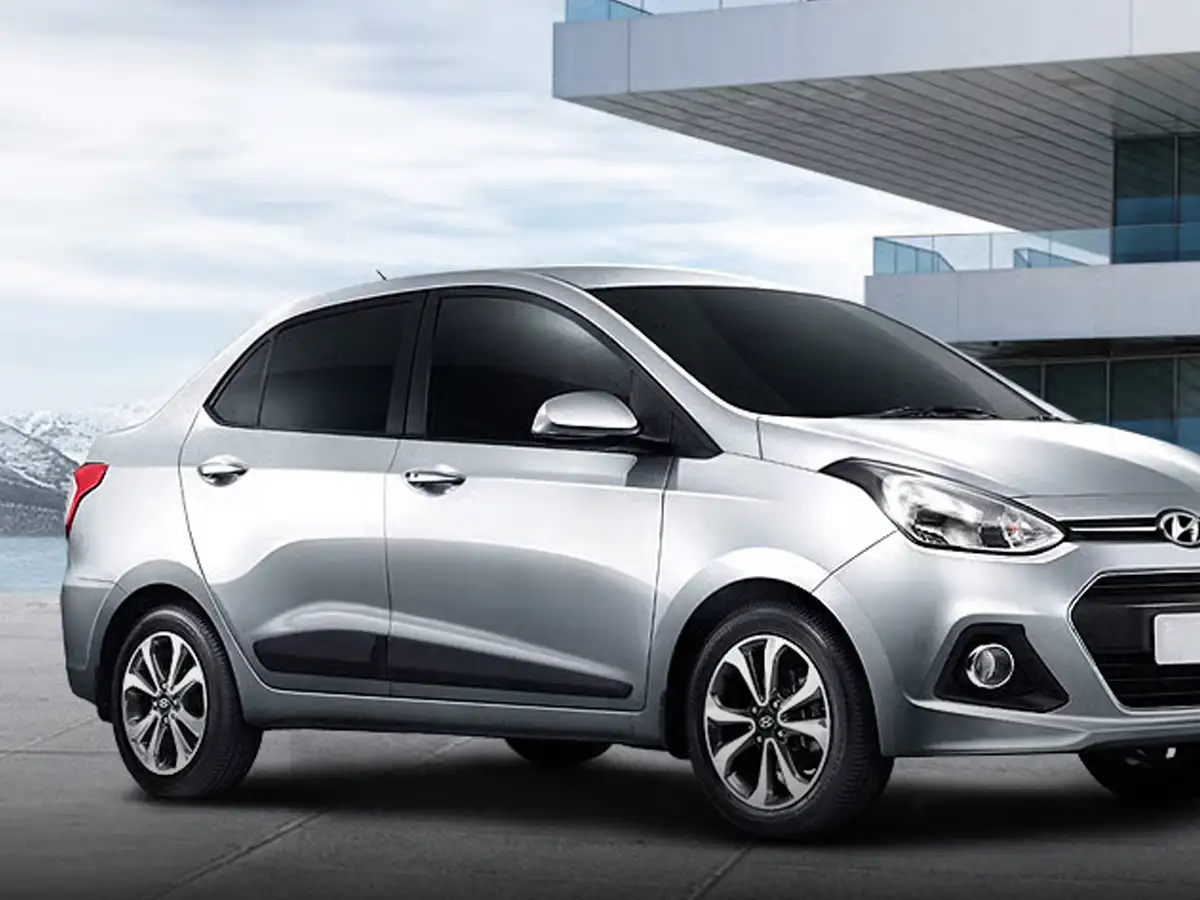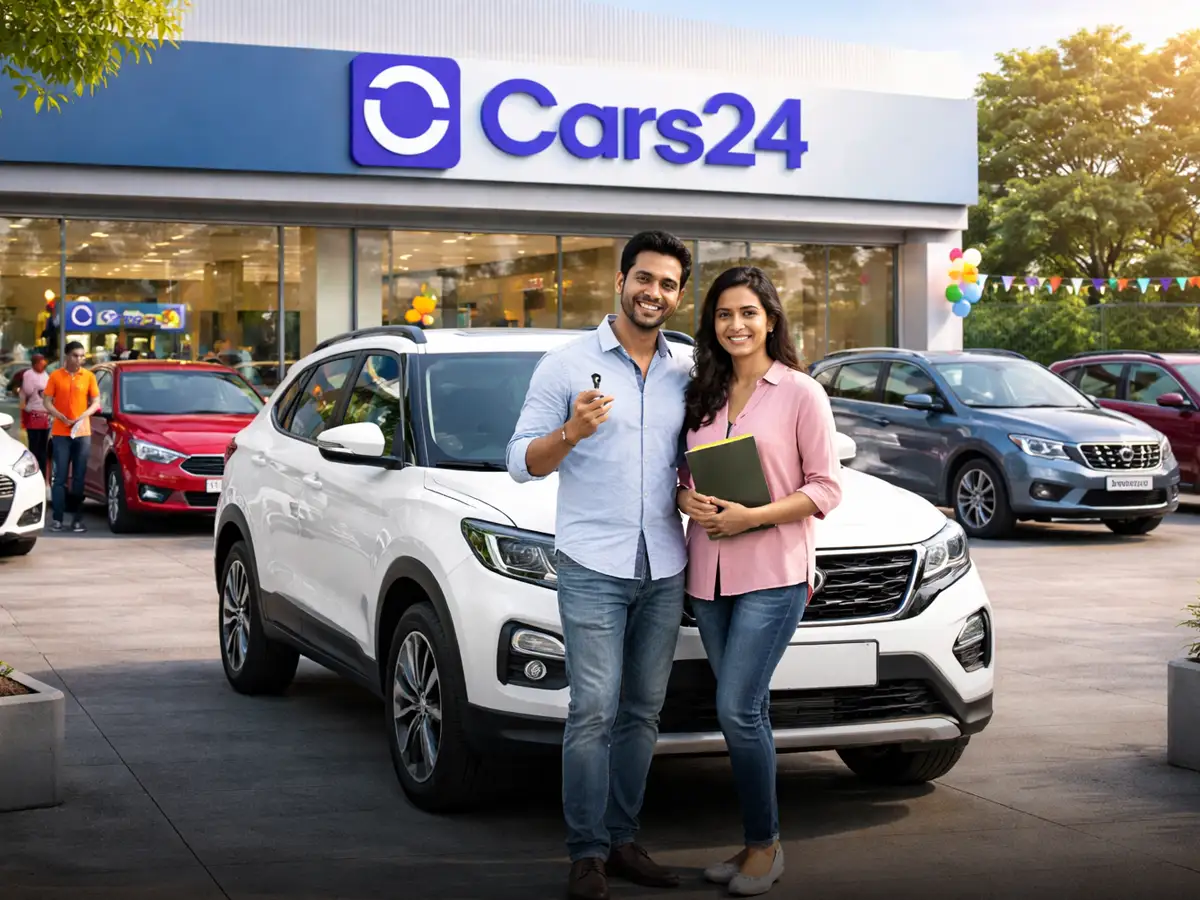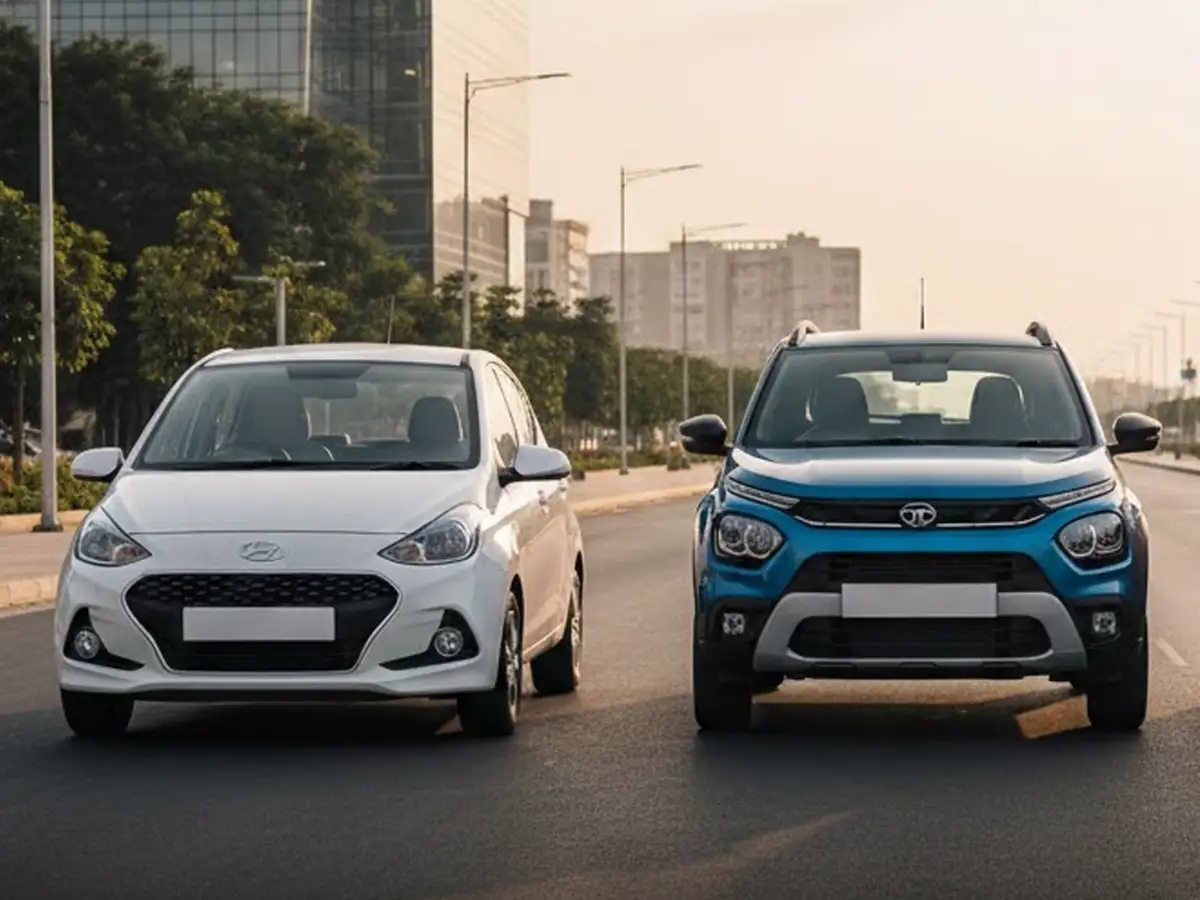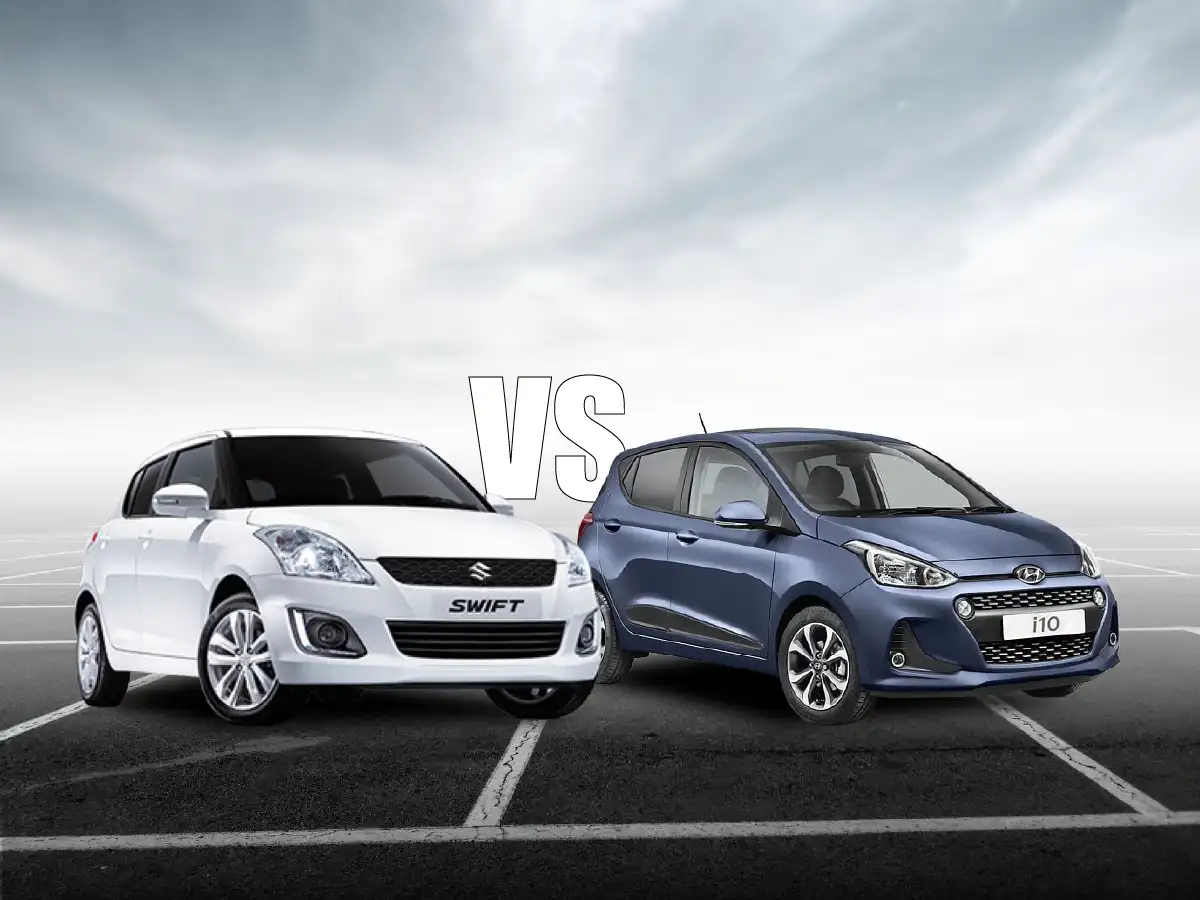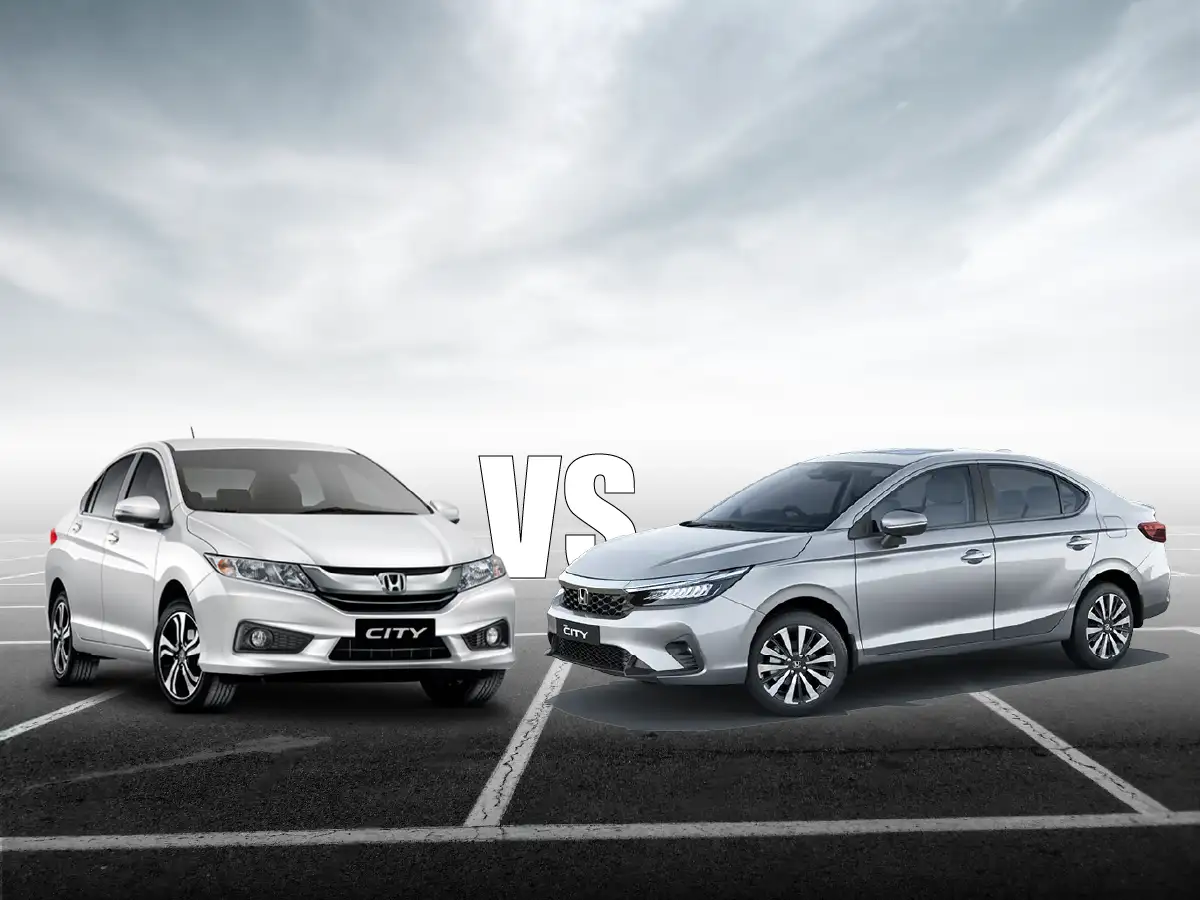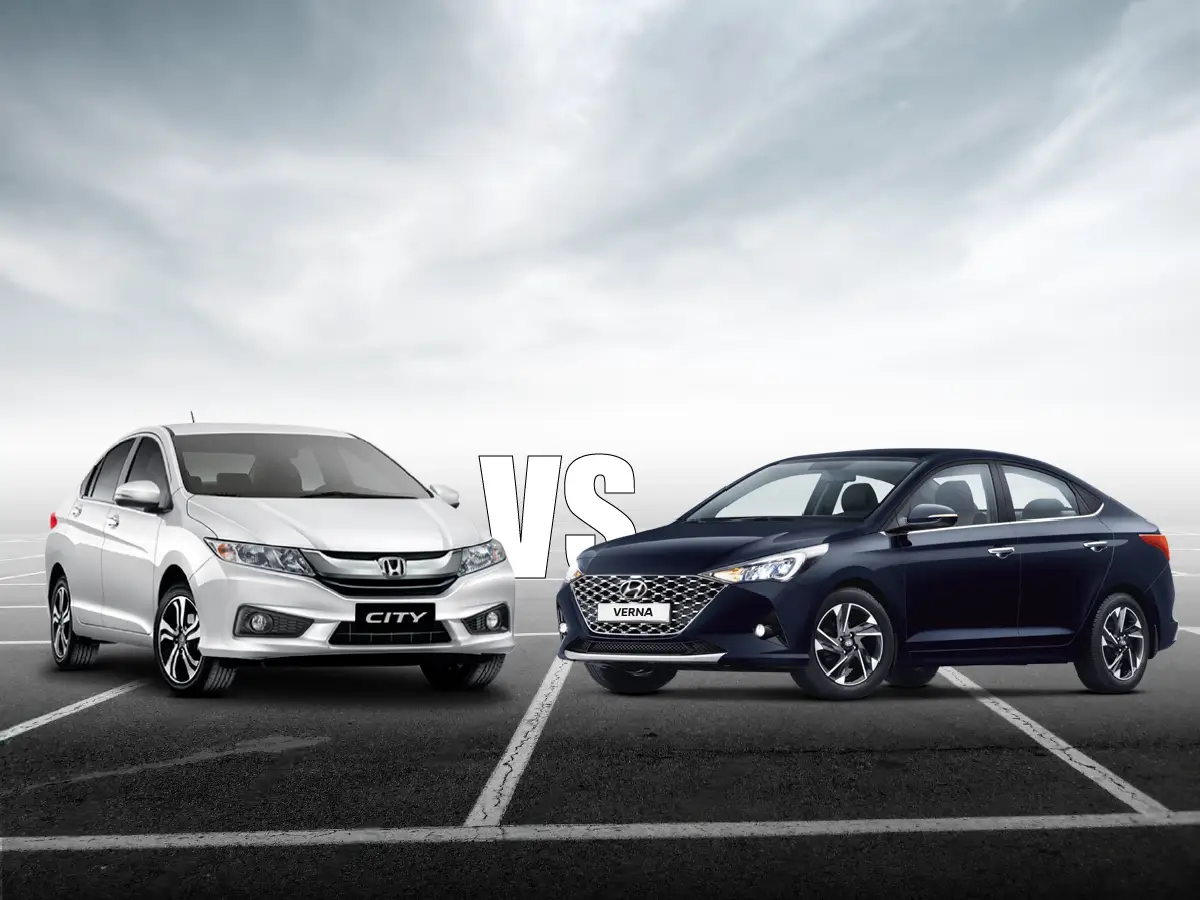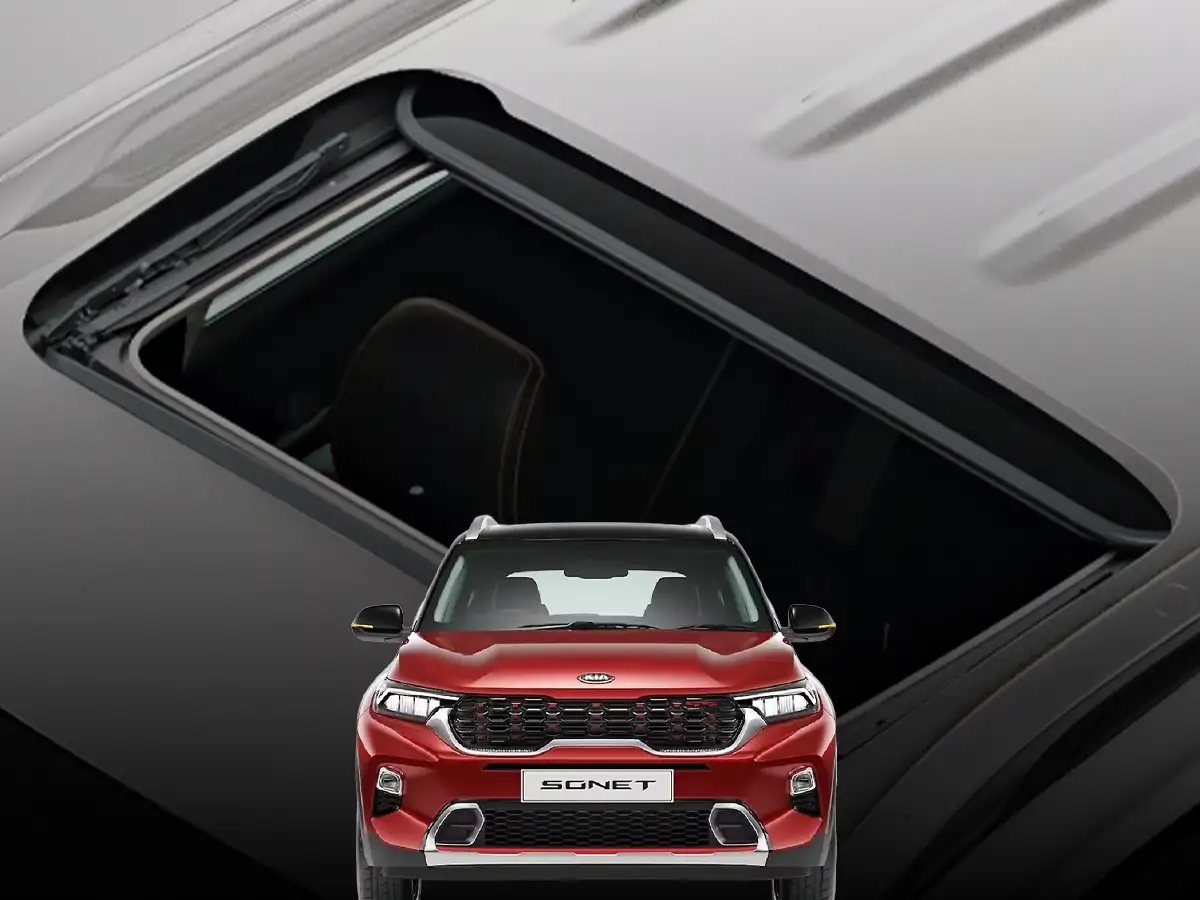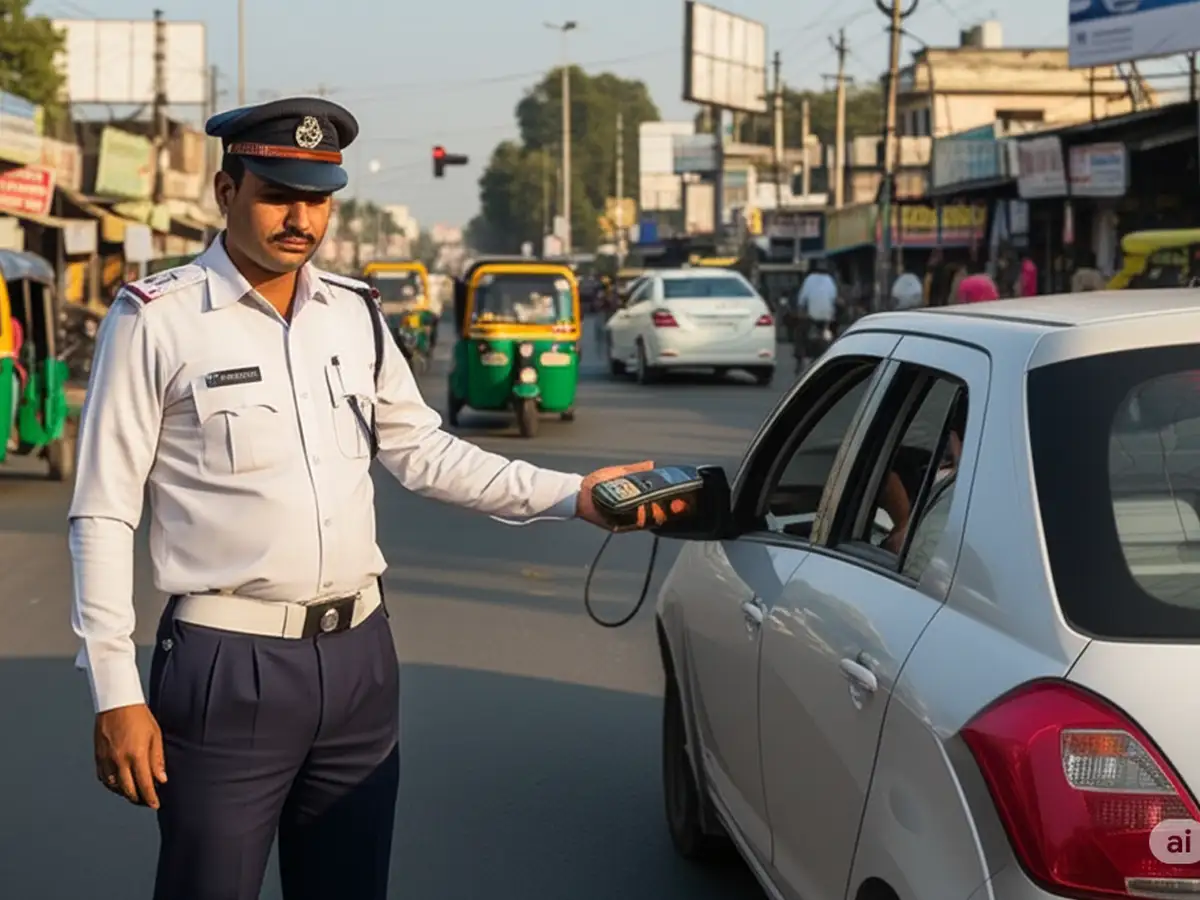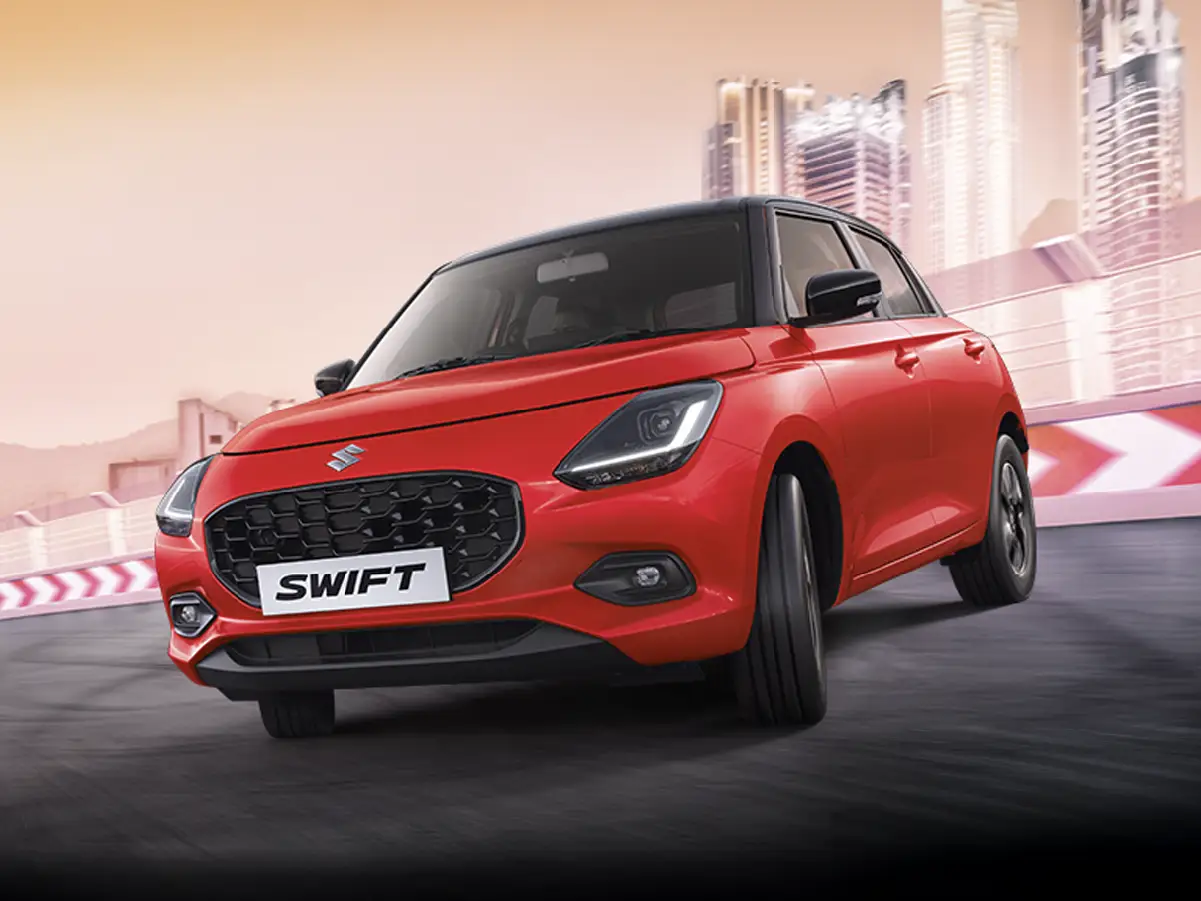

Used Car Loan or Cash Purchase: What’s Better in 2026?
- 1A used car loan offers flexibility to buy better cars without using your savings
- 2Cash purchase gives full ownership, less paperwork, and stronger bargaining power
- 3The decision depends on your budget, car type, and financial comfort
Buying a car is always a big decision, and financing it the right way is crucial to avoid debt traps. The question that normally arises is whether you should take a used car loan or buy it in cash. The Indian used car loan market is expanding rapidly, with the market size estimated at approximately USD 8.85 billion in 2024 and expected to reach USD 26.59 billion by 2033, at a high growth rate of 13% per year. These numbers showcase that more and more people are now opting for the financing route even when buying pre-owned.
However, both options have their pros and cons, and the best choice depends on your budget, financial habits, as well as your long-term plans. Keep reading as we go over both the choices to help you pick the one that will be the better fit when you purchase a pre-owned car.
Understanding the Basics: Loan vs Cash
A used car loan is not very different from a new car loan, and the popularity of these loans is increasing. Back in 2010, only around 15% of used cars in India were bought with loans, but by 2024, this number grew to 23%, showing more buyers are now choosing financing over paying cash.
The bank or the NBFC will provide you with a loan to purchase the car, and you pay it off in EMIs over a specified period of time with interest. This makes it easier for people who want a better car but cannot afford to pay the entire amount at once. In today’s used car market, prices are competitive and the quality of cars on offer has improved. This is why many buyers are looking at finance as opposed to depleting their savings in one go.
Paying in cash, on the other hand, means no EMIs, no interest and no dealing with lenders. You just pay the money, and the car is yours with no strings attached. It gives you complete ownership from day one. There are still a few who feel at peace of mind when they purchase a car without the pressure of EMI.
When Does a Used Car Loan Make Sense?
A used car loan is ideal if you want financial breathing space while upgrading your car. The tenures usually vary between 1 to 5 years, and the interest rates are competitive between 10 to 16%. Financing can enable you to upgrade to a newer sedan or SUV without depleting all your savings at once.
Other advantages include:
- Keeps savings free for emergencies or investments
- Lets you buy a feature-rich car you might not be able to afford with upfront payment
- Timely EMI payments improve your credit score
Tip: Always compare interest rates from multiple lenders before choosing a car loan. Even a 0.5% lower interest rate can save thousands over the loan tenure.
When Does Paying in Cash Make Sense?
Paying cash is straightforward and often cheaper in the long run. You do not have to pay interest, enjoy complete ownership immediately and there is minimal paperwork. It is particularly appealing when you buy smaller, low-cost hatchbacks such as Alto, Kwid, or Tiago.
Other advantages include:
- More bargaining power with dealers or individual sellers
- Simpler and faster buying process
- No long-term commitment to a lender
The trade-off is that your savings suffer a hit upfront, which may not leave room for other expenses.
Quick Comparison: Used Car Loan vs Cash Purchase
There are advantages and disadvantages of both used car loans and cash purchases. Here is a quick comparison to help you make a wise choice depending on your budget and priorities.
| Factor | Used Car Loan | Cash Purchase |
| Upfront Cost | Low – you only pay a down payment (20–30% usually) | High – full payment at once |
| Monthly Burden | EMIs spread across 1–5 years | None – no EMIs, no interest |
| Car Options | Lets you buy a newer or higher-segment car | Limited to what your savings allow |
| Interest/Extra Cost | You pay interest, the total cost is higher | No interest – you only pay the car’s price |
| Paperwork | Bank/NBFC involvement, more documentation | Minimal paperwork |
| Savings Impact | Savings stay intact for emergencies/investments | Large chunk of savings used |
| Resale Flexibility | Loan must be cleared before selling | Can sell anytime, no restrictions |
| Credit Score | Timely EMIs improve credit score | No impact on credit score |
In simple terms, take a loan when you want flexibility and would like to have your money at your disposal. Pay in cash to get peace of mind, full ownership and a simpler buying process, particularly for smaller cars.
Summary
At the end of the day, there’s no one-size-fits-all answer. A used car loan works well for people who want financial breathing space and don’t mind paying a little extra in interest for that convenience. Cash, on the other hand, is the smarter option if you value peace of mind and don’t want to deal with EMIs or loan formalities.
If you’re planning to buy a second-hand car in 2026, the decision should be based on your savings, income stability and the kind of car you are interested in. For an affordable hatchback, cash might make sense. For a feature-packed sedan or SUV, a used car loan can make ownership easier without stretching your wallet. The trick is to select the option that makes you comfortable not only while buying the car, but also during the ownership period.
Frequently Asked Questions
Expand all